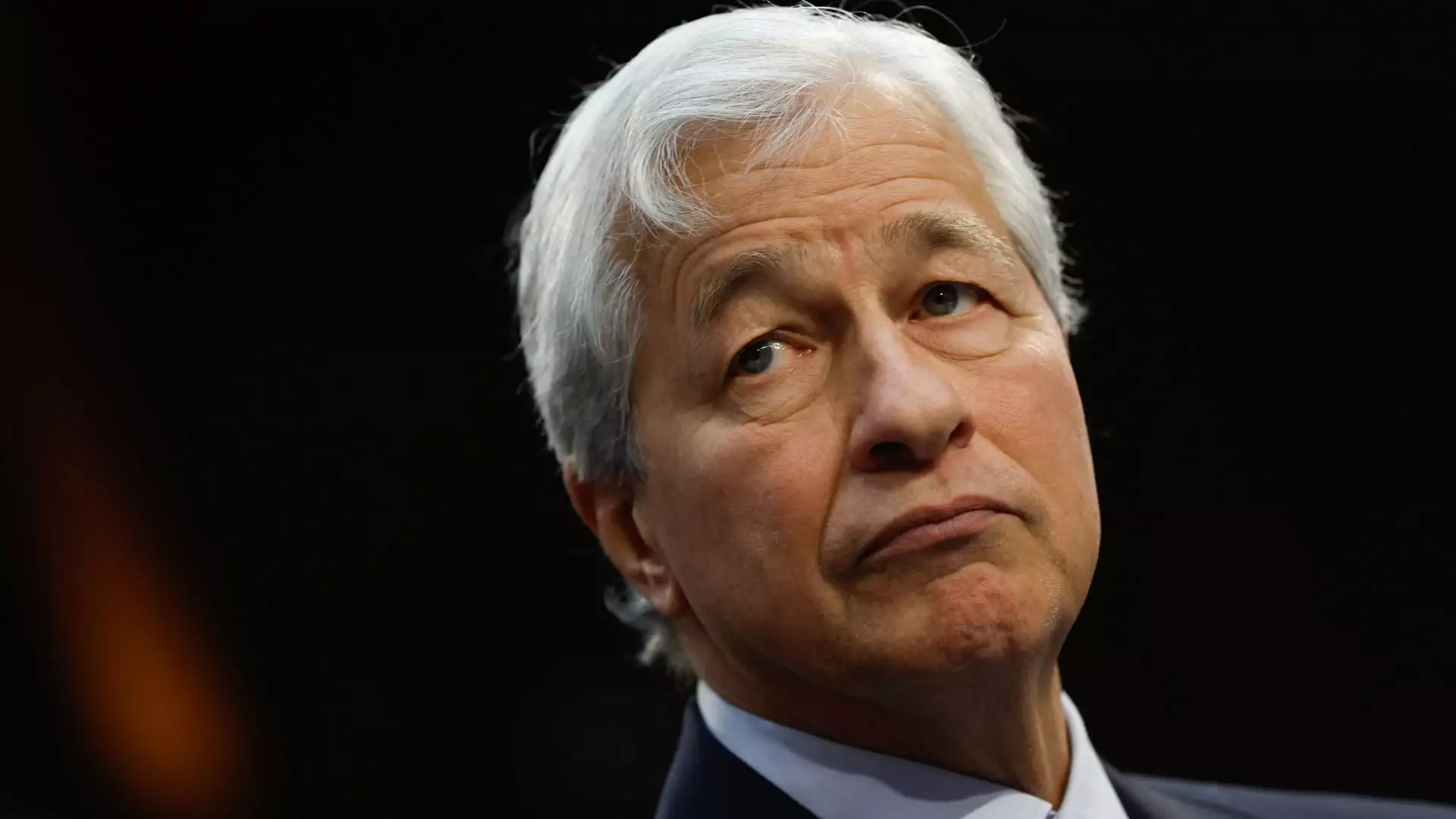The attempted assassination of former President Donald Trump during a recent rally in Pennsylvania has sent shockwaves not only through the political arena but also across Wall Street, where top executives have felt compelled to respond. The incident, which resulted in the tragic death of a bystander and left others injured, has ignited widespread condemnation among corporate leaders who recognize the broader implications of such violence on American democracy.
In the aftermath of the shooting, JPMorgan Chase CEO Jamie Dimon was among the first to articulate the collective grief and alarm felt by leaders in the financial sector. In a heartfelt memo to employees, Dimon expressed his distress over the violence, underscoring that acts of aggression undermine the very foundation of democratic discourse. His call for unity highlighted the necessity of constructive dialogue to address the pressing issues confronting the nation. This emphasis on dialogue reflects a growing recognition that political extremism is not just a political issue but a public health and safety concern.
Goldman Sachs CEO David Solomon echoed similar sentiments during an earnings call, describing the attempted assassination as a “horrible act of violence.” His remarks not only extended condolences to the victims and their families but also reinforced the idea that such actions have no place in political discourse. By framing the event as a sad moment for the country, Solomon highlighted the urgent need for political civility and the role that corporate leaders can play in fostering a culture of respect.
Larry Fink, CEO of BlackRock, added another layer to the discussion by addressing the societal implications of the incident, characterizing it as a reflection of America today. His assertion that all societal leaders, from political candidates to community clergy, must work towards creating hope underscores the idea that combating violence requires a collective effort. Fink’s acknowledgment of the company’s previous connection to the suspected shooter raises questions about the responsibilities of corporations in the context of their advertising and public presence.
Similarly, Bank of America’s CEO Brian Moynihan expressed sorrow for the victim’s family, emphasizing a human-centered approach to the situation that resonates with the wider community. His statement highlights the need for organizations to not only acknowledge tragedy but also contribute to healing by promoting messages of empathy and support.
The statements from these financial leaders indicate a clear call to action: to foster a culture that prioritizes dialogue over conflict and understands the interwoven nature of political and corporate realms. In an era where polarization seems to be at an all-time high, the executives’ combined messages aim to inspire a movement towards a more respectful and hopeful political landscape.
As Wall Street leaders publicly denounce violence and advocate for dialogue, it becomes apparent that their influence can extend beyond economics to social change. By championing hope and unity, they might inspire not just their employees but the broader public to actively seek solutions to the divisions that threaten democratic practices. This incident serves as a crucial reminder of the profound role that leadership plays in shaping societal values and fostering a culture where violence is simply unacceptable.


Leave a Reply